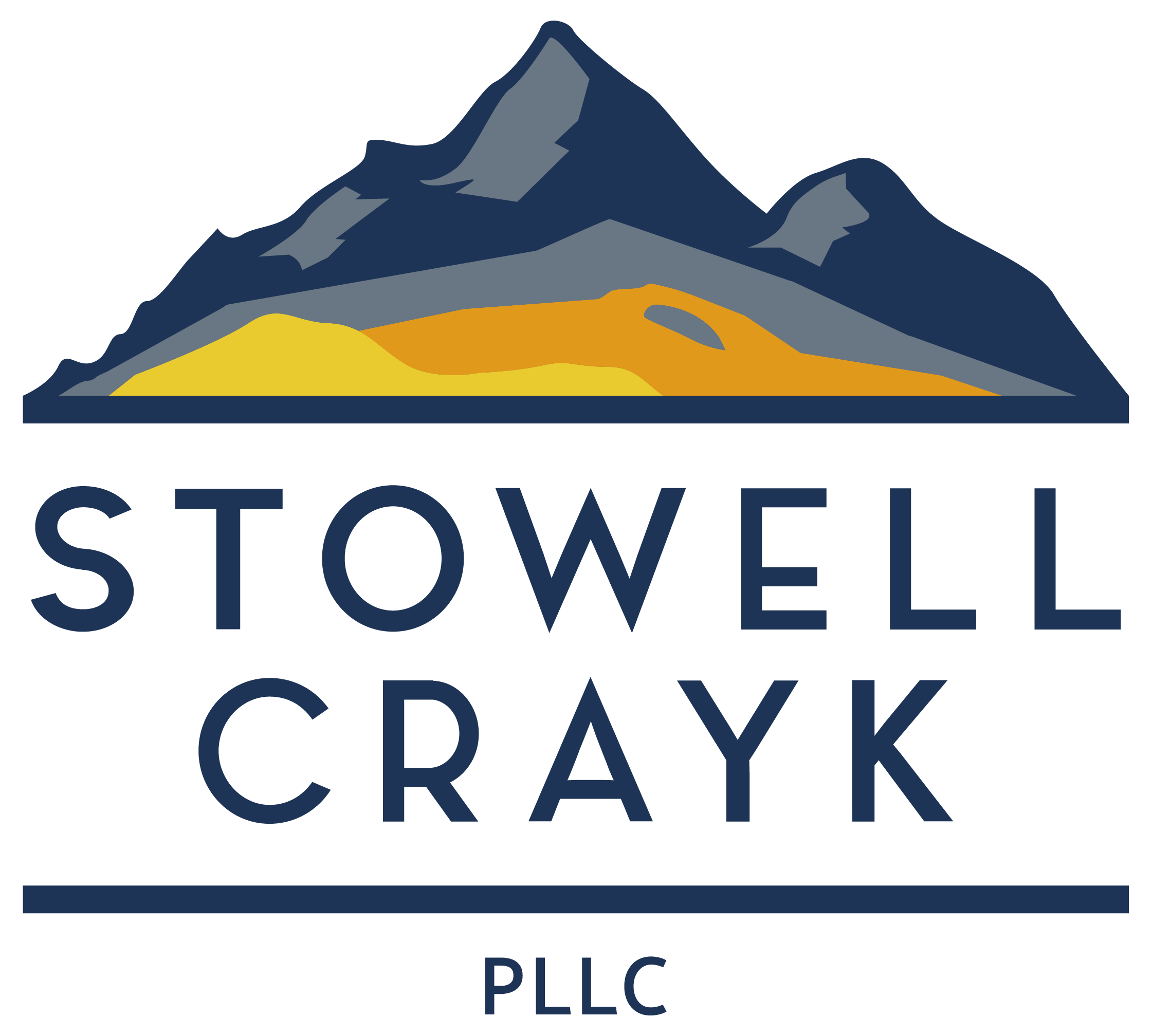Photo: Adobe Stock
In a shocking legal development that has sent shockwaves through the tight-knit community of the Fundamentalist Church of Jesus Christ of Latter-day Saints (FLDS), the arrest of several prominent leaders, including the sect’s de facto leader, Warren Jeffs, has brought to light allegations of money laundering and fraud. This unprecedented event has thrust the FLDS, a polygamous sect based primarily in Utah and Arizona, into the spotlight once again, raising questions about the inner workings of the secretive organization and the legal challenges its members now face. Any criminal defense lawyer can find that this case provides key takeaways about defense strategies and nuanced laws surrounding religious organizations and fraud.
FLDS Finances vs. Mormon Church Finances
The FLDS, a religious group that broke away from the mainstream Mormon Church in the late 19th century, has long been associated with controversy and legal troubles. Led by charismatic and authoritarian leaders, the FLDS operates as a closed community with its own distinct beliefs and practices. Warren Jeffs, in particular, has garnered notoriety for his authoritarian rule and alleged abuse of power within the sect. His arrest and subsequent legal battles have only added to the intrigue surrounding the FLDS and its leadership.
The recent arrests stem from allegations of money laundering and fraud related to the misuse of government assistance programs, particularly the Supplemental Nutrition Assistance Program (SNAP). According to authorities, FLDS leaders orchestrated a scheme to divert SNAP benefits to the sect’s communal storehouses, under the guise of a purportedly spiritual initiative known as the “United Order.” This initiative, which requires members to donate all of their material assets to the church and obtain food and household commodities solely through the FLDS Storehouse, allegedly served as a front for fraudulent activities.
Eligibility for SNAP Benefits
The eligibility criteria for Supplemental Nutrition Assistance Program (SNAP) benefits are primarily based on household income, size, and certain categorical requirements. In general, individuals and families with low incomes may qualify for SNAP benefits, provided their income falls within certain thresholds set by the federal government. Additionally, household size plays a crucial role in determining eligibility, as larger households may qualify for higher benefit amounts. However, certain categorical requirements may also impact eligibility, such as age, disability status, and citizenship or immigration status. For example, elderly individuals aged 60 or older and individuals with disabilities may qualify for SNAP benefits under specific criteria, regardless of income level.
Conversely, there are certain groups of individuals who are not eligible for SNAP benefits, including certain non-citizens, undocumented immigrants, and individuals who are incarcerated or residing in certain types of institutions, such as nursing homes or correctional facilities. Additionally, individuals who have been disqualified from receiving SNAP benefits due to past violations or fraud may be ineligible for future participation in the program. Moreover, individuals who have significant financial resources, such as substantial savings or assets, may also be ineligible for SNAP benefits, as the program is intended to assist low-income individuals and families in purchasing food. Overall, while SNAP provides vital assistance to millions of Americans facing food insecurity, eligibility requirements are designed to ensure that benefits are targeted to those most in need.
Notable Figures Involved
Leaders of the Utah polygamous sect, including Warren Jeffs, directed members to unlawfully transfer SNAP proceeds to the FLDS Storehouse. These polygamous leaders are not to be confused with Mormonism specifically Joseph Smith polygamy. The polygamy Joseph Smith engaged in was a separate occurrence with real religious implications and was abandoned in 1890.
The funds were used by the FLDS leaders for ineligible purposes, such as purchasing non-food items like paper products and vehicles. Additionally, the indictment accuses the defendants of engaging in money laundering to conceal the illicit origins of the diverted funds. These allegations have rocked the FLDS community and raised concerns about the extent of the sect’s involvement in illegal activities.
In the wake of these accusations, FLDS members now find themselves facing a myriad of legal challenges, including potential criminal charges and the possibility of lengthy prison sentences. The severity of the charges underscores the government’s commitment to combatting fraud and ensuring the integrity of government assistance programs. Moreover, the legal implications extend beyond the individuals directly involved, raising questions about the broader accountability of religious organizations and their leaders.
Key Takeaways for a Criminal Defense Lawyer
The case involving accusations of money laundering and fraud against leaders of the Fundamentalist Church of Jesus Christ of Latter-day Saints (FLDS) presents several key takeaways and considerations. First and foremost, it underscores the importance of thorough investigation and preparation in complex criminal cases. Given the high-profile nature of the FLDS and the sensitive religious and cultural factors at play, attorneys must be diligent in gathering evidence, interviewing witnesses, and understanding the intricacies of the case.
Secondly, this case highlights the critical role of strategic defense planning and effective advocacy. Criminal defense representatives must carefully craft defense strategies tailored to the unique circumstances of each client, taking into account factors such as the evidence against them, potential legal defenses, and the broader context of the case. In representing FLDS members accused of wrongdoing, attorneys may need to navigate issues related to religious freedom, community dynamics, and public perception, requiring a nuanced and proactive approach to defense.
Protecting the Rights and Upholding Justice
Furthermore, the FLDS case underscores the importance of protecting the rights of the accused and ensuring fair treatment under the law. As allegations of money laundering and fraud are serious criminal offenses, defendants are entitled to due process and a vigorous defense. Criminal defense firms play a crucial role in safeguarding their clients’ constitutional rights, challenging evidence obtained through unlawful means, and advocating for fair treatment throughout the legal process.
Moreover, this case serves as a reminder of the complexities and challenges inherent in defending clients accused of white-collar crimes. Money laundering and fraud cases often involve intricate financial transactions, voluminous evidence, and sophisticated legal arguments. A criminal defense lawyer must possess the knowledge, skills, and resources necessary to effectively navigate these complexities, collaborate with forensic accountants and other experts, and present a compelling defense on behalf of their clients.
In conclusion, the FLDS case offers valuable insights and lessons for criminal defense attorneys handling complex criminal cases. By prioritizing thorough investigation, strategic planning, protection of clients’ rights, and expertise in white-collar crime defense, attorneys can provide effective representation and achieve the best possible outcomes for their clients in challenging legal situations.
Summary
In conclusion, the accusations of money laundering and fraud against polygamous FLDS leaders have cast a spotlight on the secretive sect. Specifically, this case has raised serious questions about its practices and governance. Again, it is important to distinguish FLDS polygamy from Joseph Smith polygamy as separate occurrences with different justifications. As the legal proceedings unfold, FLDS members face an uncertain future, grappling with the repercussions of the allegations and the potential consequences of their involvement. In this challenging time, an experienced criminal defense lawyer like Stowell Crayk Law Firm is standing ready to provide the support and representation needed to navigate the complexities of the legal system and protect the rights of their clients.

